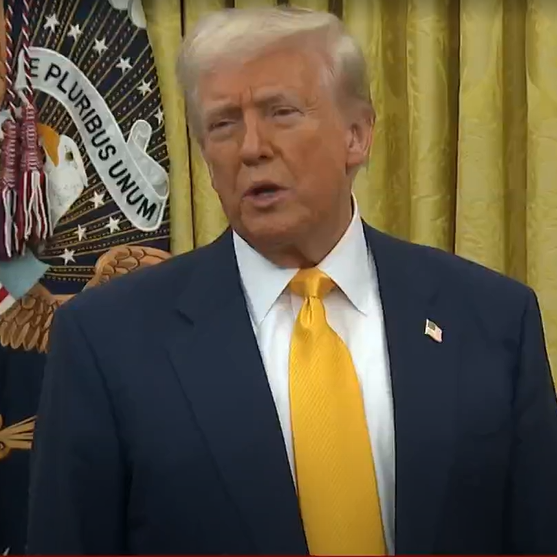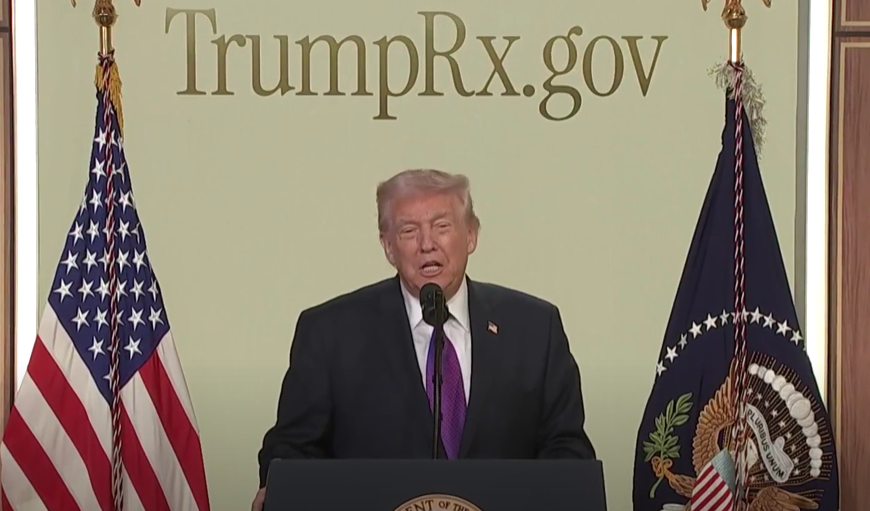Hong Kong Post Stops All U.S. Shipments Amid High Tariffs

© Jimmy Chan / Pexels
In a significant escalation of trade tensions, Hong Kong Post has announced the suspension of all parcel services containing goods to the United States.
This decision comes in direct response to new U.S. tariff measures that eliminate duty-free treatment for low-value shipments from Hong Kong, effective May 2.
Details of the Hong Kong Suspension
Effective immediately, Hong Kong Post has ceased accepting sea mail parcels destined for the U.S. Airmail services for goods will continue until April 27, after which they will also be suspended. Only mail containing documents will remain unaffected by this change. The postal service has stated it will not collect tariffs on behalf of the U.S., criticizing the new measures as “unreasonable” and “bullying“.

Background on U.S. Tariff Changes
The U.S. government’s recent policy shift ends the “de minimis” exemption, which previously allowed goods valued under $800 to enter the country without incurring tariffs. Starting May 2, these shipments will face a 120% tariff, with additional postal fees increasing to $100 per item between May 2 and June 1, and to $200 thereafter. These changes are part of a broader strategy to address concerns over the influx of low-cost goods from regions like Hong Kong and mainland China.
Implications for Trade and Consumers in Hong Kong
This suspension is expected to disrupt small businesses and consumers who rely on affordable cross-border shipping. The increased costs and logistical challenges may lead to delays and higher prices for goods, particularly affecting e-commerce platforms and their customers. The move also underscores the growing complexities in international trade relations and the potential for further retaliatory measures.
Hong Kong Post’s decision to halt goods shipments to the U.S. reflects the intensifying trade disputes and the challenges faced by postal services amid shifting international policies. As both governments navigate these tensions, businesses and consumers will need to adapt to the evolving landscape of global trade.
Reactions from Businesses and the Public
Small business owners in Hong Kong and the U.S. have voiced growing concern over the suspension, calling it a major setback for international commerce. For many entrepreneurs, especially those relying on platforms like Etsy or eBay, the affordability and reliability of Hong Kong Post’s services have been crucial. “It’s not just about shipping, it’s about staying afloat,” said one local seller who exports handmade goods to the U.S.

Consumers, too, are feeling the pinch. Social media has seen a wave of frustrated reactions from American customers awaiting delayed packages and Hong Kong residents worried about future access to the U.S. market. Analysts suggest the move could accelerate the search for alternative logistics providers, though many expect increased costs across the board.
This public backlash underscores the broader tension between government policies and their ripple effects on everyday economic activity. As larger geopolitical strategies play out, it’s often small players — from online sellers to international shoppers — who bear the brunt.
You might also want to read: Asian Stocks Crash After Trump Calls Tariffs “Medicine”


